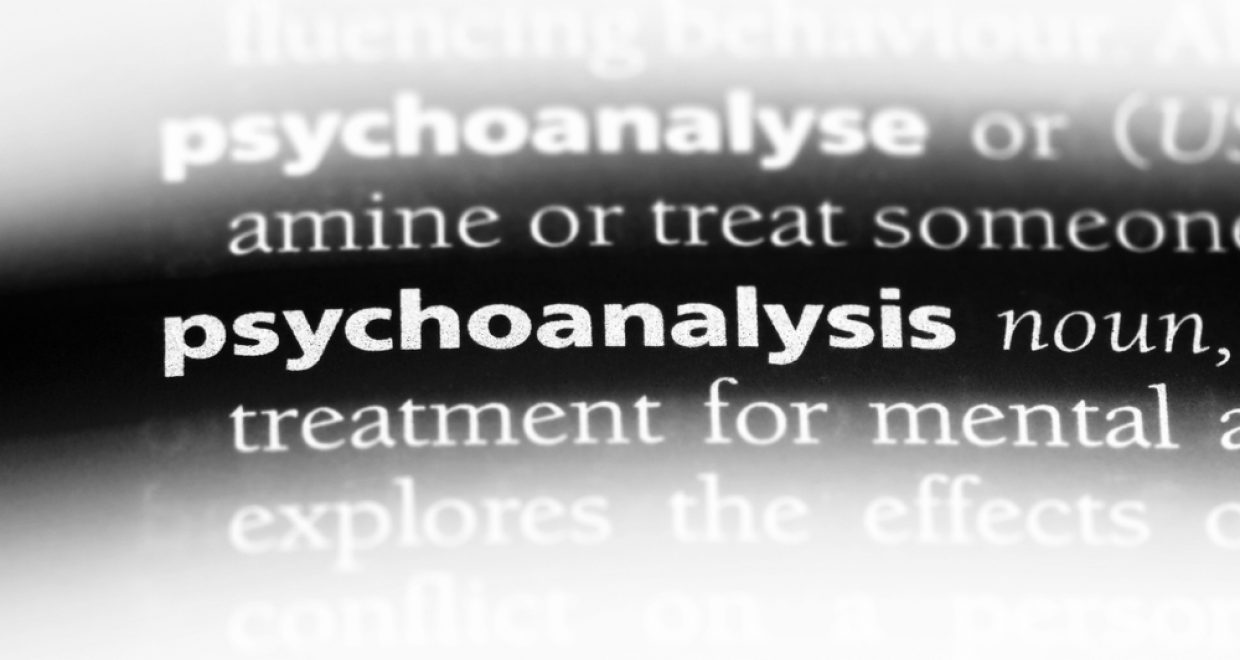Is Psychoanalysis evidence based?
I wrote this short article to correct a widespread prejudice among mental health practitioners and the general public alike to the effect that psychoanalytic theory and therapy are not ‘evidence based’ — in the sense that, say, CBT and psychopharmacology are considered to be. Nothing could be further from the truth. I hope my article will help to correct this damaging misconception.
The evidence I refer to concerns (1) the basic theoretical claims of psychoanalysis about how the emotional mind works in health and disease, (2) the mode of action of psychoanalytic therapy in relation to these claims, and (3) its therapeutic efficacy as measured by randomised controlled trials. The goals of this paper are not overly ambitious, since the evidence it reviews is really strong, and quite easy to convey.
I hope my article might also counteract some of the main causes of the prevailing misunderstanding of the scientific standing of psychoanalysis. Central among these causes is the inability of psychoanalysts themselves to communicate their point of view (and its evidential basis) to others in plain language. They seem primarily concerned – instead — with discussing minor points of theoretical disagreement among themselves, concerning arcane issues that nobody else cares about. As a result, few people know what the fundamental claims of psychoanalysis really are, and how well supported they are by the available evidence concerning how the emotional brain works and how it develops. These facts are displaced in the public mind by what can only be described as propaganda, disseminated by people who neither accurately represent nor properly understand psychoanalysis.
There is a great deal of work that still needs to be done, before the scientific standing of psychoanalysis will be fully rehabilitated. Nevertheless, when the history of modern psychiatry is written, we will look back upon the current era with disbelief, and ask: How did it happen that psychiatry lost its way so badly – literally ‘lost its mind’? We consider it natural to ask in everyday life why our friends and family members feel and behave in the ways they do – to ask, in other words, what events caused them to feel things and what their behaviours mean? Yet, when it comes to the feelings and behaviours of our patients, such obvious questions are largely elided in psychiatry today. Questions concerning the meaning and purpose of psychiatric symptoms – in other words, their intentionality (what is the patient trying to do?) – are no longer asked. We seem to find such questions embarrassing and unscientific. But there is no good reason to take this view; intentionality is the essential factor that distinguishes psychiatric symptoms from physical ones.
My article tries to explain the common-sensical basis of this psychologically-minded approach to psychiatry, which is the approach that psychoanalysis takes, although so few people seem to realise it.
The Open Access article is available on the link below:
The scientific standing of psychoanalysis
Mark Solms







Thank you Mark Solms! I can only agree with you and add a few things:As I see it Psychoanalysis should be seen as science, a science not linear but another kind of science. Our evidence comes from being in touch with the unconscious and letting the analysand to understand it in himself both emotionally and intentionally. Often it at the same time becomes therapeutic.
I can not read the full text. I am a student and cannot afford to pay £15 to read an article
Thanks for the comment Julius, BJPsych International is an Open Access journal so you should be able to access the full article, but please do let us know if not.